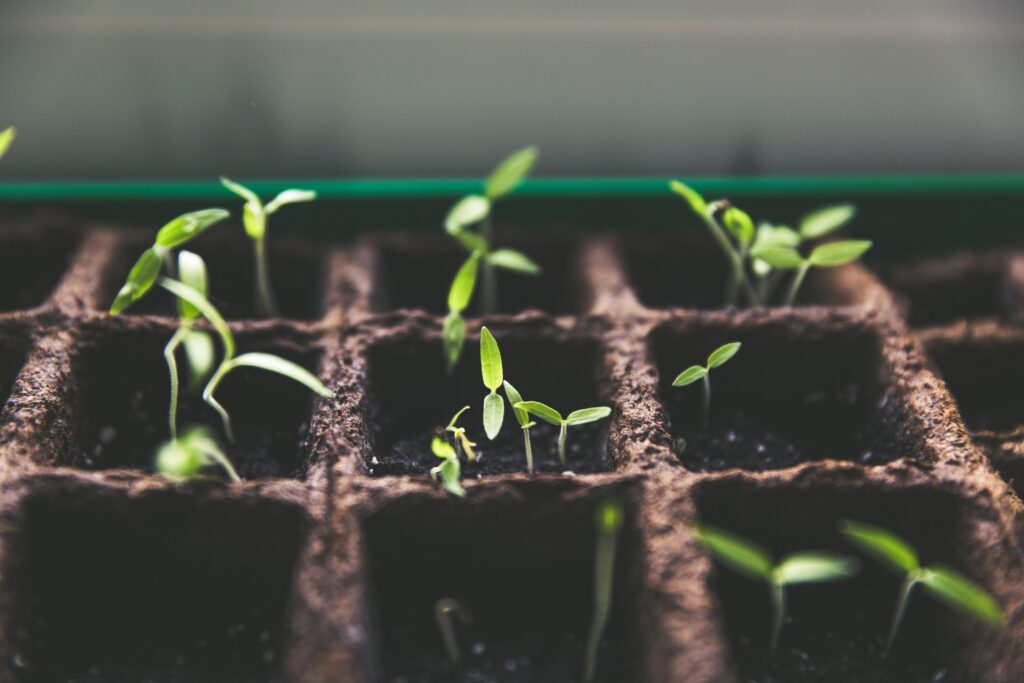Undoubtedly crops are God’s gift and a savior of the human race. Farmers entirely depend on higher crop yields, whereas crops aren’t immune to damage. Several things, such as weather extremities, pest or pathogen attacks, excessive use of chemicals, poor irrigation practices, and others, can potentially damage your crops. All such crop damage factors put the agricultural businesses of farmers at severe risk.

It is a known fact that most stresses are inevitable; however, if the crop damage assessment is done promptly and effectively, losses can be significantly mitigated to a greater extent.
So, in this article, we will discuss the things that can damage your crops and the effective ways to prevent such damages in the first place.
5 things damaging your crops and ways to prevent such damages
Insects and pests
It is nearly impossible for farmers to prevent notorious living species such as insects and pests from damaging crops and spreading diseases. This is because they are always in competition with humans over agricultural products.
Insects and pests can damage crops in two ways:
Direct damage- In this manner, the insects or pests attack the crops directly. They eat up leaves and create tunnels to stay in stems, roots, or fruits.
Indirect damage- In this manner, insects and pests cause little damage to your crops; however, they transmit severe bacterial, fungal, or viral diseases.
Effective ways to prevent insects and pests damage
. use strong yet, eco-friendly pesticides
. Ensure using poisoned bait to kill insects and pests
. Regularly fumigate crops . . . .bacteria and fungi
Similar to insects and pests, bacteria and fungi also have interesting histories with crops. All of them have been reasons behind causing famines worldwide.
Some of the common examples of bacterial diseases damaging crops are:
. Bacterial rot, bacterial canker,
. bacterial soft rot,
. bacterial leaf spot,
. bacterial wilt,
. bacterial blight, and
. bacterial brown spot
Similarly, fungal diseases also damage crops and fruit plants. Some of the common fungal diseases on farms include:
. Anthracnose
. Botrytis rots
. Downy mildew
. Fusarium wilt
. Rusts
. Powdery mildews
Effective ways to prevent bacterial and fungal damage to crops
use eco-friendly and registered bactericides and fungicides
Aim to grow bacterial and fungal attack-resistant plants on your farm
Always use clean transplants
monitor crops regularly
use productive models
Never skip weeding
Soil erosion
It is the phenomenon in which soil fertility decreases significantly. It is caused by wind, water, ice, and waves. These factors take away the top fertile layer of soil, leaving behind the infertile and non-productive lower layer of soil.
This phenomenon negatively affects crop yields on that farm. It decreases soil’s organic matter and even degrades farm productivity. In short, it degrades soil structure, making soil hard, compact, cloddy, and unfit for yielding crops.
In addition, such eroded soil provides just baseless and low-grade soil aeration. Poor soil aeration is directly linked with healthier plant growth. So, this process results in poor crop productivity and, thereby, crop damage.
Effective ways to prevent soil erosion
. Add and maintain a healthy and perennial plant cover on farms
. Never skip mulching
. Add organic fertilizers
. Soil salinity
The higher concentration of solute salts like Na+, Ca2+, and Mg2+ in the farm is soil salinity.
Similar to soil erosion, soil salinity affects crop production. It interferes with plant nitrogen, water, and nutrient uptake. Thereby, it reduces growth and reproduction, hindering crop yields.
Extreme soil salinity levels lead to crop failure and endemic famines. So, the effective way to prevent it from damaging crops is by optimizing irrigation practices and using freshwater. We recommend you connect with Padman Stops, renowned “The Farmer’s Friend,” to solve your most pressing irrigation challenges.
Effective ways to prevent soil salinity
. Use recycled, desalinated, rains harvested, and recycled water and desist from over-irrigation.
. Avoid over-tillage and deep ripping.
. Prevent using salty water.
. Try putting drip irrigation into the irrigation system.
Rodents
Rodents are omnipresent from field to house, leading to severe crop damage. A survey by “FarmProgress” reveals that rodents cause million-dollar losses by damaging farm crops or stored crops yearly.
In short, rodents are carriers of diseases. Rodents act as vectors to spread viral, fungal, and bacterial diseases.
Effective ways to prevent rodents on farms
- . Ensure to fumigate your farm
. use rodents’ poison to kill them
. follow good hygienic farm practices
Endnote
Several things can potentially damage your crops. However, crop damage can be significantly controlled when you keep your farm and crops in check and swear by using effective ways to prevent such damages.

